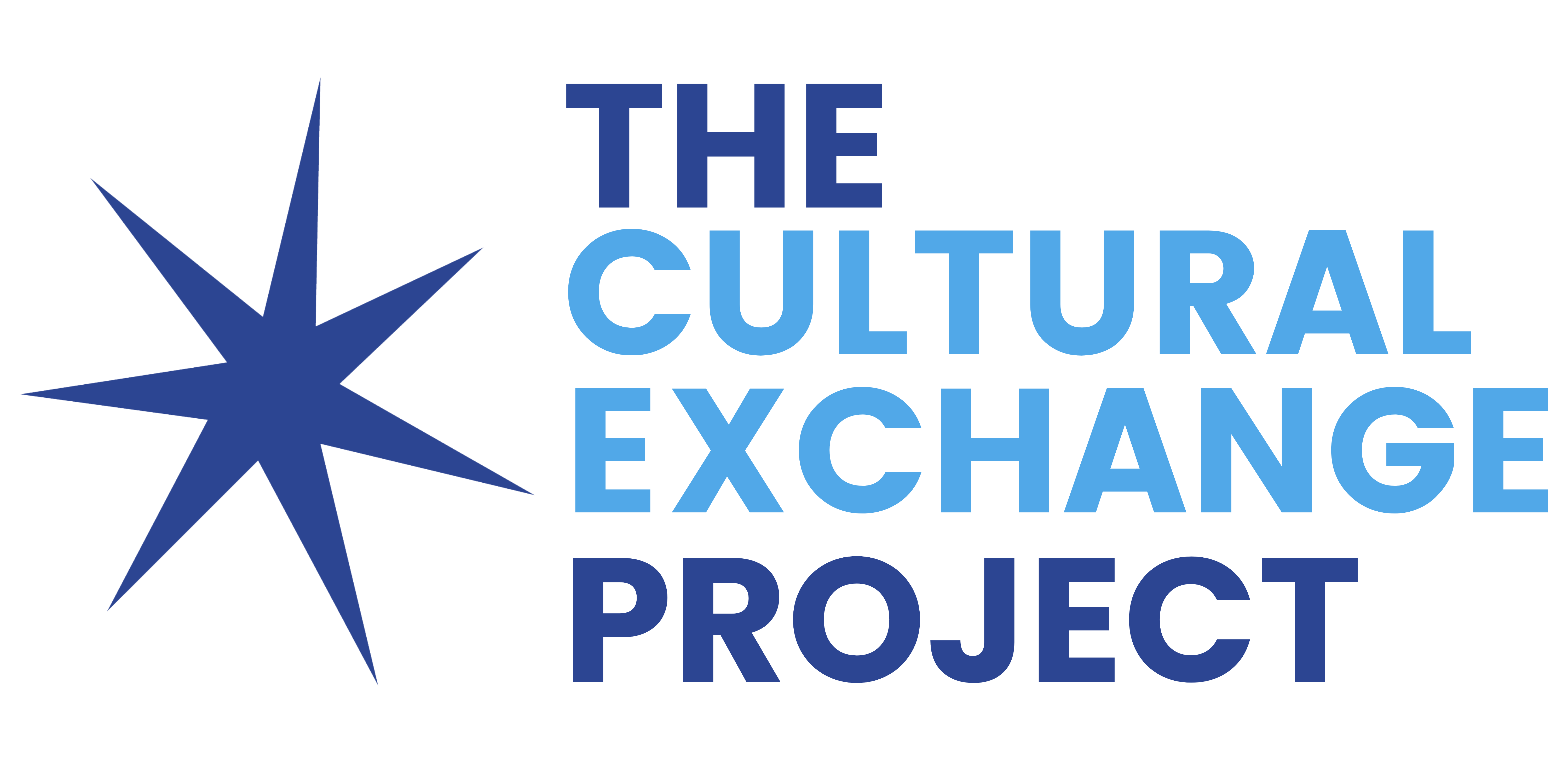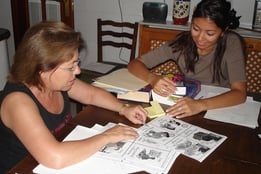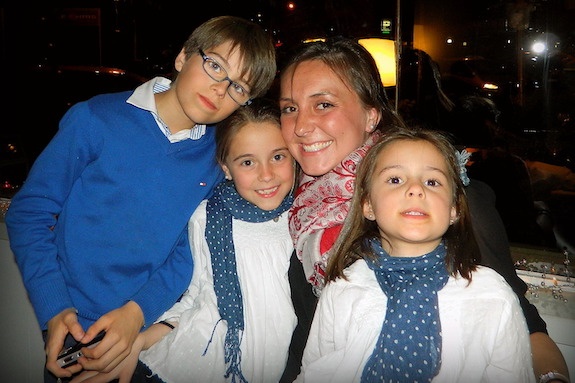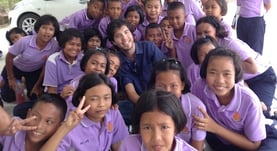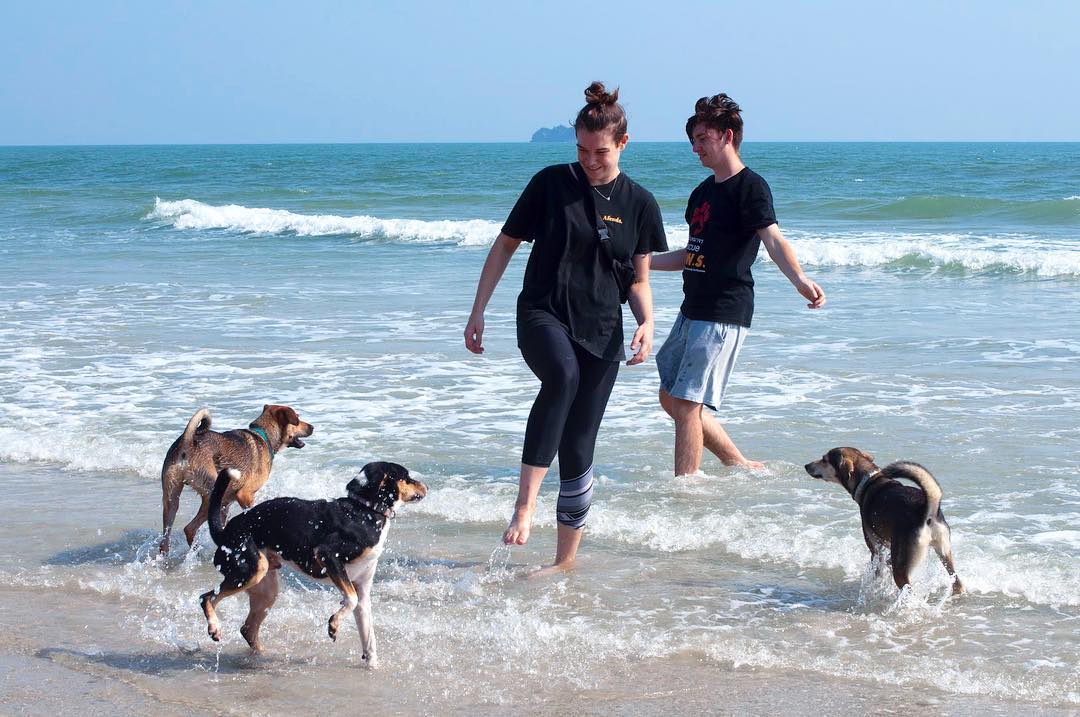Travel To South Korea And Become An English Teacher
We have teaching jobs right now in South Korea looking for amazing teachers like you.
Overview
South Korea is well established as one of the most popular destinations to teach English in Asia. South Korea offers high wages, excellent teacher benefits, high-tech school facilities, and overall well-structured and supportive workplaces. There is still a large demand for native English speakers to teach in Korea.
Fees
- $1,559 for one year, placement only.
- $2,599 for one year, placement, and in-country TESOL certification course.
- You will pay a $350 deposit, a $500 placement fee when accepted, and a final amount of $709 or $1,749, 60 days before departure.
Included
- Airport arrival support and pick-up
- Paid holidays are usually between 10 - 15 days (The exact amount differs between schools)
- Comprehensive job placement assistance
- Full background and vetted schools
- Full support and guidance with the document collection process
- Full support and guidance pre-departure and in-country from experienced staff who have taught abroad
- Contract negotiation
- Visa support and guidance
- Comprehensive internationally accredited TESOL Course (if signed up for the in-country course) along with one-week cultural orientation (or weekend orientation program for placement only)
- T-Shirt
- Ongoing support once the teacher is placed
South Korea Cultural Orientation (Online & In-country)
Not Included
- Courier costs of documents
- Flights, but these are reimbursed.
- Day to day transport costs, i.e. bus/train rides to your placement school, visa run expenses
- Utility bills
- Meals (breakfast, lunch, & dinner) during the TESOL course, orientation week, and at placement
- Lesson planning materials and stationery during the in-country TESOL course.
- Accommodation deposit for in-class participants.
- ARC (alien registration card) processing fee. The cost is approximately USD $30.
- Medical check-up in-country for ARC application, which is mandatory. This costs approximately USD $100 and is coordinated by the school within the first week of arrival in Korea.
- Medical Insurance (we require that all participants arrive on the program able to demonstrate current medical insurance coverage).
- Visa application and expenses if a visa run is required.
- Accommodation during the course/orientation.
What You Will Earn
- Your salary will be between USD $1,650 to $2,100 per month for 40 hours per week.
- 23 - 30 of those hours will be teaching contact time.
- The average wage for someone without teaching experience will be +/-$1,900.
- All schools are legally required to pay 50% of your medical insurance.
- Applicants will be given rent-free semi-furnished (bed, refrigerator, aircon, and washing machine) accommodation and will be required to cover utility bills, maintenance costs, etc.
- One-way airfare, at minimum, will be reimbursed to the applicant by the school.
- End of contract bonus (severance pay-out of roughly 1 month’s salary per 1 year worked.
Requirements And Qualifications
-
Requirements
- Applicants must have a minimum of a bachelor’s degree in any field of study.
- Candidates must be native English speakers.
- Applicants must be in good physical and mental health.
- Applicants must be between the ages of 21 and 45.
- Applicants must be willing to commit for at least 12 months.
- Applicants must have no criminal history.
- Candidates must be passport holders of any of the following countries: United States, Canada, South Africa, New Zealand, Australia, the United Kingdom, and Ireland.
-
Where Will I Teach?
You can teach in both public and private schools. The majority of our teachers work in private schools, or hagwons, as the private school hiring season is longer and not as competitive as the public school program, EPIK. There are some very limited opportunities to work in public schools.
Jobs are available with students of all ages between kindergarten all the way through 12th grade.
-
Where Will I Live?
Your school will provide an apartment for you. Apartments differ from school to school, but they are typically a basic, furnished, studio. The deposit and monthly rental fee are paid for by your school. The only expenses will be monthly utilities, such as gas, electricity, internet, etc.
-
2024 Intake Dates
2024
27 May
22 July
23 September2025
20 January
24 March
26 May
28 July
29 September
27 October -
Salary
Our teachers earn a salary of US $20,000-25,000 per year. All contracts are for a minimum of 12 months and are renewable. Teachers also get FREE furnished housing, airfare contribution, paid holidays and health insurance coverage.
-
How Much Money Do I Need To Bring With Me?
Once you start getting paid you will not have to worry about covering your day-to-day costs.
It is highly recommended to have access to at least $1500 for the first month that you’ll be working as you won’t receive your first paycheck until you’ve worked a month.
